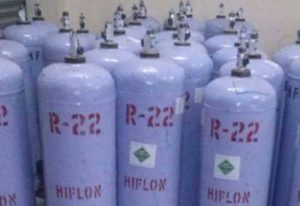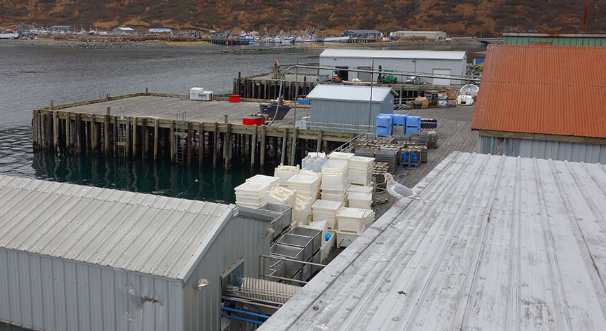
SEATTLE – U.S. Seafoods of Seattle will implement enhanced leak detection practices and replace freezer equipment to address violations of the Clean Air Act resulting from releases of ozone-depleting substances from two of its fish processing vessels in Alaska.
EPA investigators discovered that in 2012 the freezers on two vessels owned by U.S. Seafoods — the F/V Seafreeze Alaska and the F/V Alliance — were leaking an ozone-depleting refrigerant called R-22. EPA found that the vessel owners and operators failed to repair the leaks in a timely manner and failed to confirm that the freezers were not leaking when finally repaired.
Releases of refrigerants like R-22 deplete stratospheric ozone and violate requirements under the Clean Air Act National Recycling and Emission Reduction Program. The National Recycling and Emission Reduction Program governs the management of ozone-depleting substances and implements the United States’ mandates under the 1991 Montreal Protocol on Substances that Deplete the Ozone Layer.
The ozone layer protects the earth and its inhabitants from the adverse effects of ultra-violet or UV radiation which is known to cause cancers, immune system suppression, and cataracts. In addition, excessive UV radiation can harm crops, plankton production, and the marine food chain.[xyz-ihs snippet=”Adsense-responsive”]U.S. Seafoods will pay a $135,000 penalty, replace some or all of its current R‑22 freezers with units that use ammonia, and retire those not replaced. The company will also implement enhanced leak detection and repair practices.




